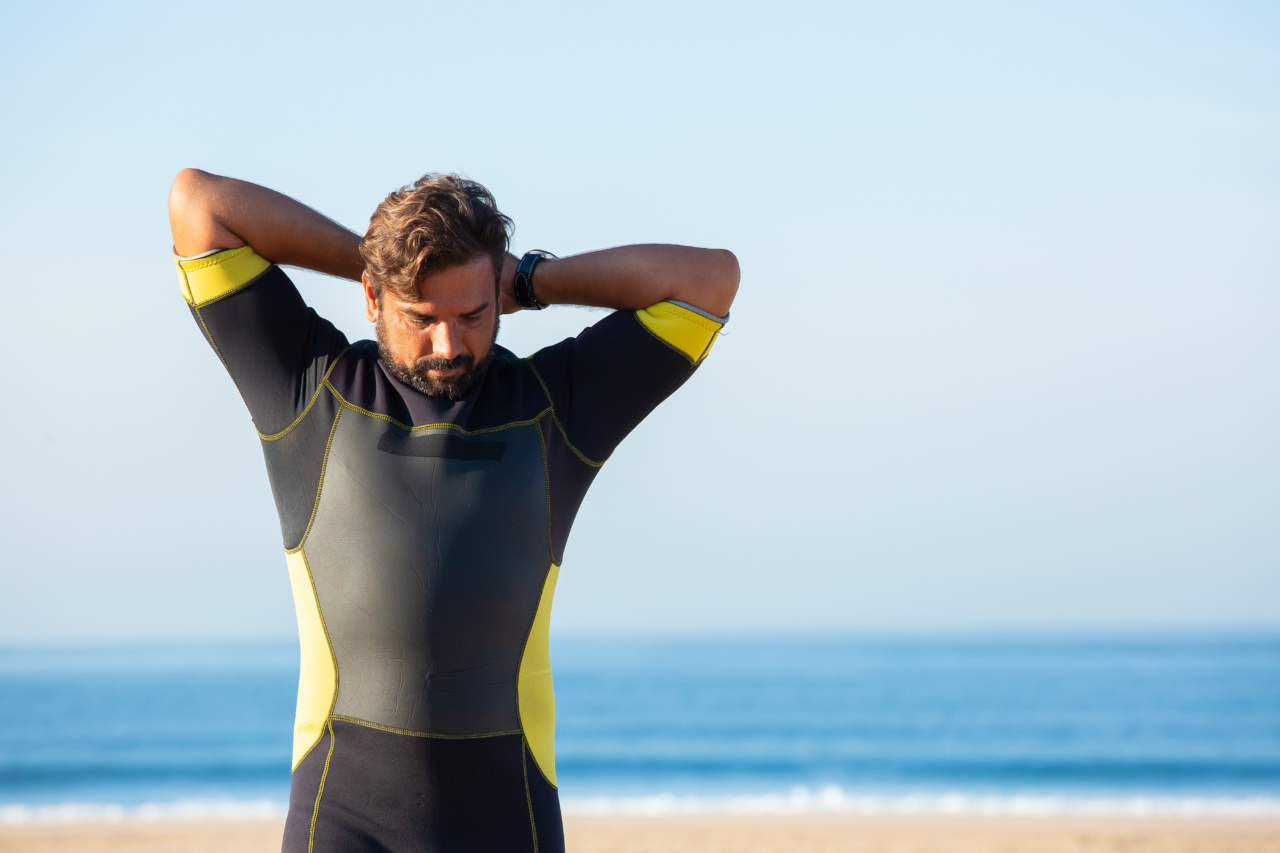After a great vacation, the last thing you want to deal with is muscle aches and stiff joints. It can be challenging to return to your regular routine and deal with the aftermath of all the adventure and activities you experienced during your vacation.
The soreness can be felt in several body parts, including the neck, shoulders, lower back, and legs. If you wonder why you experience muscle aches after a vacation, keep on reading!.
Why Do We Experience Muscle Aches after Vacation?
During vacation, we tend to engage in different activities than our daily routine. These activities may include walking on the beach, long hikes, dancing, or swimming, all of which put the body through strain it is not usually accustomed to.
Other reasons for muscle soreness during vacation may include dehydration, lack of proper stretching before and after activity, and sleeping on uncomfortable surfaces.
Methods to Alleviate Muscle Aches
1. Rest and Recharge.
Our bodies need adequate rest to recover effectively after intense activity. Make sure to rest and recharge after a vacation, especially if you engaged in lots of physical activity.
Even the most fun-packed vacation is not worth it if it leaves you exhausted and groggy. Ensure that you prioritize rest by getting enough sleep, relaxation time and taking breaks.
2. Drink Plenty of Water.
During physical activity, our bodies lose water through sweating. This process can result in dehydration, which can lead to muscle pain and cramping. Dehydration can also cause fatigue, dizziness, and headaches.
Therefore, ensure that you stay hydrated by drinking water before, during, and after physical activity. This will help ensure that your muscles and joints don’t ache after your vacation.
3. Stretch Before and After Physical Activity.
Stretching before and after physical activity is important to prevent muscle pain and soreness. Spending some time stretching can improve your range of motion, decrease muscle stiffness, and reduce the chances of sustaining an injury.
Engage in simple stretches to loosen the muscles and reduce stiffness.
4. Use Massage Therapy.
Massage therapy can help relieve muscular tension, soreness, and tightness. A massage therapist can work on deep tissue muscles that may have been neglected due to increased levels of physical activity during a vacation.
Massage therapy can promote blood flow and reduce muscle inflammation, thereby hastening the recovery process.
5. Soak in Epsom Salt Baths.
Epsom salts contain magnesium and sulfate, which have therapeutic benefits to the body. Magnesium helps muscles and nerves function properly while sulfate helps flush toxins from the body.
Add a few spoonfuls of Epsom salt to your bathwater and soak for 20-30 minutes to promote relaxation and reduce muscle soreness.
6. Take Over-the-Counter Pain Relief Medication.
If the above measures are not sufficient to ease the soreness and muscle pain, over-the-counter (OTC) pain medication can be considered.
Nonsteroidal anti-inflammatory drugs (NSAIDs) such as ibuprofen or aspirin can help reduce inflammation and relieve pain. However, individuals should only use OTC medication as recommended on the label.
Preventive Measures
1. Take Time to Rest During Vacation.
Include rest days in your vacation itinerary, as well as breaks throughout your activities. Taking periods to pause and rest is just as important as engaging in activities.
2. Stay Hydrated.
Ensure that you drink plenty of water throughout the day to prevent dehydration due to increased levels of physical activity.
3. Pack Appropriate Gear.
Before your vacation, research the activities you plan to engage and pack appropriately. Wear comfortable and supportive footwear for activities such as hiking or walking to prevent muscle strain and reduce the risk of injury.
4. Stretch before and after Activity.
Stretching is essential before and after physical activity to promote flexibility, prevent muscle soreness, and reduce the risk of injury.
5. Seek Help from a Professional.
If you have any chronic pain conditions or are unsure of ways to prevent muscle soreness during vacation, consult with a healthcare professional.































